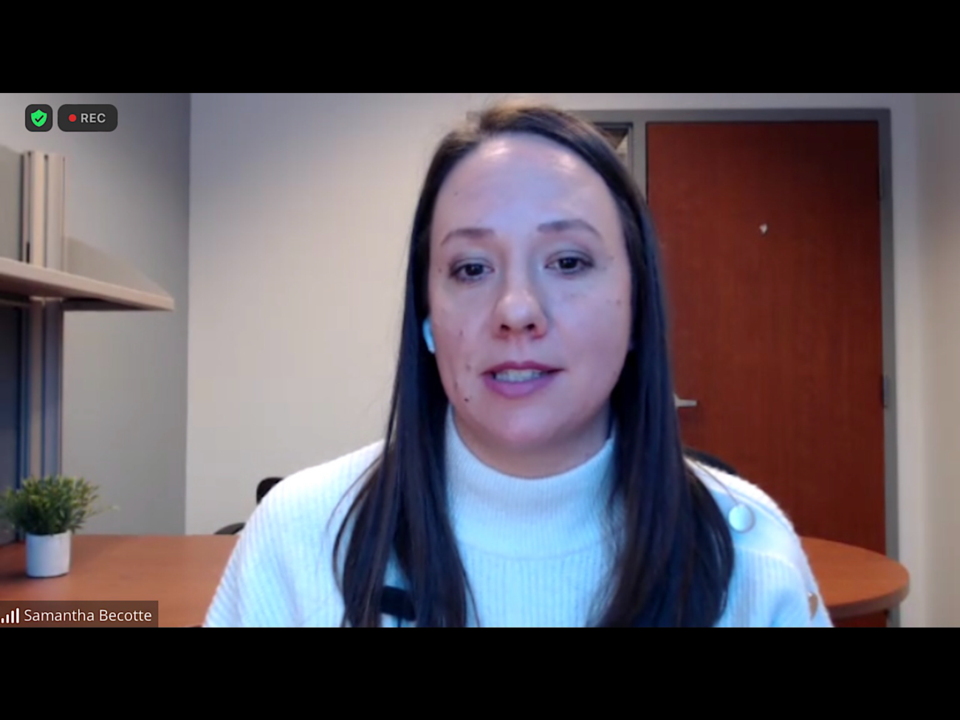REGINA - Just a day after members of Saskatchewan Teachers’ Federation staged a one-day province wide strike comes word that the teachers’ plan more job action on Monday.
STF President Samantha Becotte said in a Zoom call with media that they have started a five-day countdown to another job action on Monday, Jan. 22.
Details on what that would entail have not been released yet but Becotte told reporters that additional information will be made available no less than 48 hours in advance.
Becotte said that job action could be another walkout or it could be a withdrawal of voluntary services, or a restriction of teachers’ hours of work to work to rule.
“At this point, we’re letting government know, we are putting them on notice, that they’ve got five days to change their mandate. If they change their mandate, we can stop the clock. We can get back to the table and have meaningful conversations. But they need to be able to have a back-and-forth and right now that hasn’t been happening.”
Becotte indicated the reason why the union is taking more job action is because despite the support they received and the delivery of 3,300 letters to Premier Scott Moe and Education Minister Jeremy Cockrill, “they’re still not listening.”
“The minister of Education yesterday said that it makes no difference. But it is critical that this government start taking this process seriously and start seeing how serious teachers in the public are taking this. What teachers are asking for around class complexity isn’t revolutionary. We’re not trying to change the world. We’re trying to ensure there are commitments for our kids in the long term.”
She pointed to the pilot project the province had announced to address class complexity. “If this government has real intentions of addressing class complexity in the long term, longer than a pilot project, and they intend on expanding the pilot project or funding them appropriately to expand, I’m not sure why they are so afraid to include it within an agreement with teachers, unless they just don’t want to be held accountable to those commitments.”
Up to this point, the province has been insisting that class complexity not be included in collective bargaining, stating that is an issue best left to school divisions.
In speaking to reporters Tuesday, Minister Cockrill was asked about the class complexity issue, and about the pilot project recently announced for specialized support classrooms in eight school divisions in the province.
“I think that’s starting to show that government knows that there’s issues and is willing to work on them, we’re just not going to do that in a provincially bargained agreement,” said Cockrill.
He said he was excited to see what comes out of the pilot project. “If the ideas work, great, let’s do more of that. Let’s expand that to more schools and motivations around the profits. Let’s put some dollars behind that. But if we’re going to continue to make additional investment beyond the investment that we made an education as his government previously, we want to make sure that it’s solutions at work, that have real impact right in the classroom.”
Cockrill added he wasn't interested in "sit(ting) around, drink coffee and talk about issues. I want to actually try some ideas. If the ideas work, let's do more of them."






